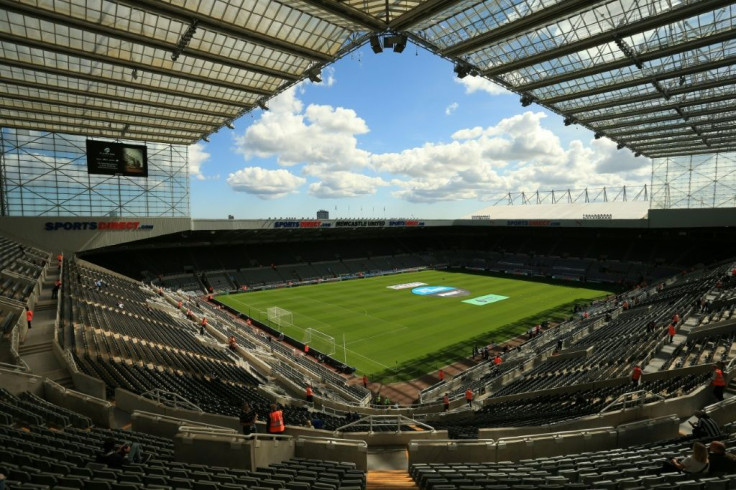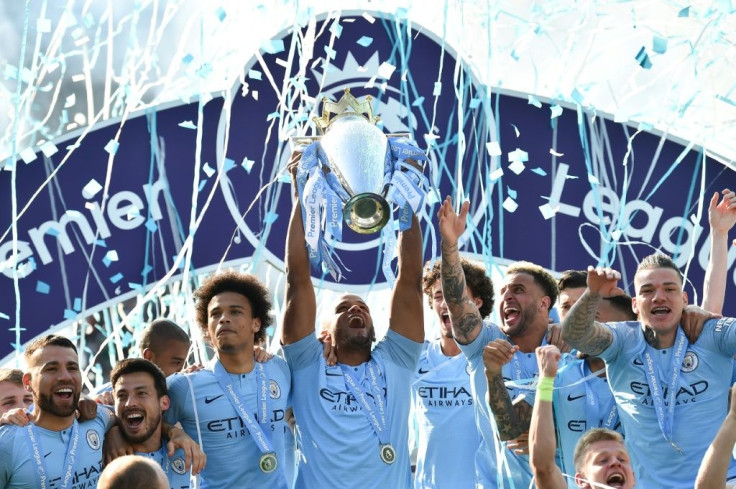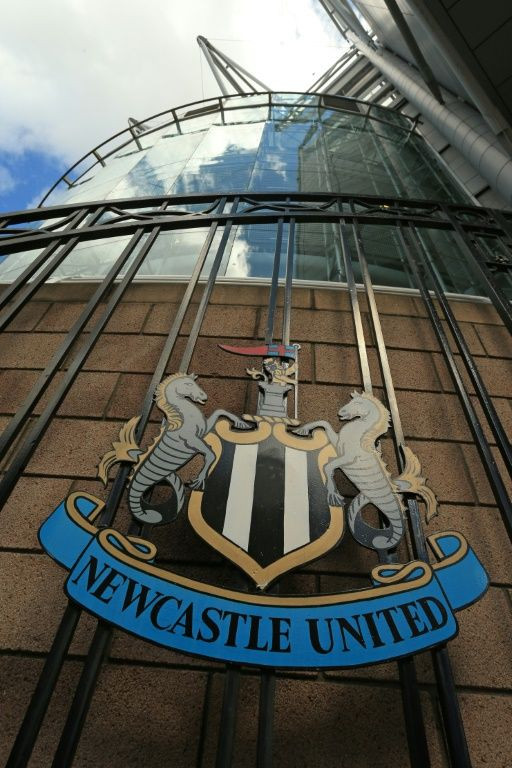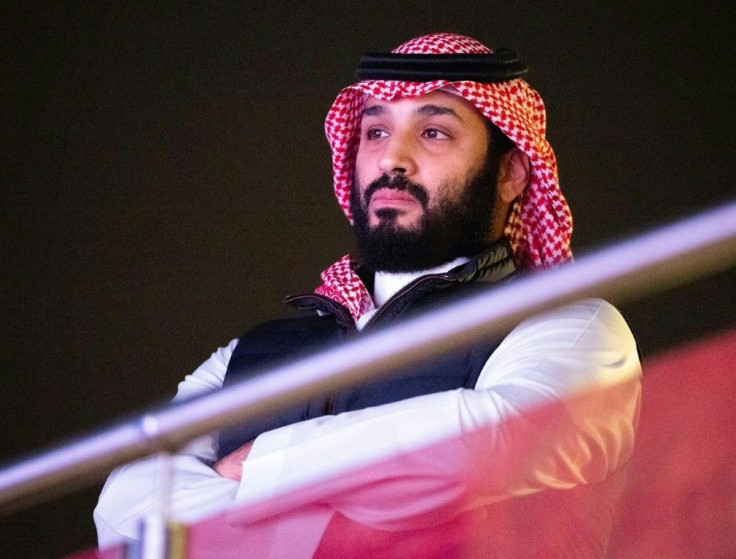Coronavirus Crisis Presents Opportunity For Saudi's Newcastle Project

A Saudi-backed takeover of Newcastle United appears to be nearing completion at a time when the rest of the football industry is on its knees due to the economic crisis caused by the coronavirus pandemic.
For Saudi Arabia's Public Investment Fund (PIF), led by Crown Prince Mohammed bin Salman, the crisis presents a commercial opportunity and a chance to break into the lucrative Premier League.
But the potential ?300 million ($370 million) deal, which will reportedly see the Saudi fund take an 80 percent stake in the club, is facing fierce opposition from human rights groups and one of Saudi's regional rivals.
The Premier League bubble is close to bursting as clubs scramble to avoid losing hundreds of millions in broadcast rebates if the season is not completed and a deep recession threatens income from gate receipts, merchandise and sponsorship.
As a result, transfer fees are expected to drop sharply while wages will also be depressed, with even the world's wealthiest clubs now hastily arranging pay cuts or deferrals with their star players.
The spectre of a Saudi takeover throws another spanner in the works for the league's governance at a time of crisis.

Critics have accused Saudi Arabia of "sports washing", saying the government uses sport as a way of distracting attention from its human rights record.
Global rights group Amnesty International wrote to Premier League chief executive Richard Masters on Tuesday, warning the competition "risks becoming a patsy" unless it takes a serious look at the rights issue.
"If the crown prince, by virtue of his authority over the Public Investment Fund, takes control of Newcastle United, we are questioning how that can possibly be positive for the reputation of the Premier League," Felix Jakens, Amnesty UK's Head of Priority Campaigns and Individuals at Risk, told AFP.
The Newcastle bid comes just months after five people were sentenced to death over the 2018 murder in Saudi Arabia's Istanbul consulate of Jamal Khashoggi, a journalist who had been critical of the Saudi regime.

The murder, described as a "rogue" operation by Riyadh, tipped Saudi Arabia into one of its worst diplomatic crises and tarnished the reputation of the crown prince , who is the de facto ruler of the country.
But resistance to the deal may come down to a monetary rather than moral judgement.
One of the Premier League's biggest overseas broadcasters, BeIN Sports, has written to all 20 English top-flight clubs warning the "future economic model of football" is at stake if the Saudi takeover is allowed to go through.
Qatar-based BeIN accuses Saudi of masterminding the pirate broadcasting of BeIN output, which included EPL games, as part of a spat between Doha and Riyadh. Saudi denies the claims.

For those competing at the top of the table, a Saudi-backed Newcastle could also become a threat on the pitch.
Prior to a takeover from Sheikh Mansour, a member of the Abu Dhabi royal family in 2008, Manchester City had not won a major trophy since 1976.
The English champions have now won 11 in the past nine years, including four Premier League titles.
The investment required to raise City's status from mid-table mediocrity to title contenders resulted in losses of ?584 million in the first six years of the Abu Dhabi reign.
By buying in at a time when most other clubs are strapped for cash, the PIF could transform Newcastle's fortunes on the field more quickly and at a much lower cost.
"The vultures and predators will pick off good players for very modest fees," football finance expert Kieran Maguire told AFP.
The Saudi PIF did not respond to AFP's request for comment.
The chances of other clubs mirroring what City and Qatari-owned Paris Saint-Germain have done in spending their way into the elite of European football seemed to have been ended by financial fair play (FFP) rules.
To gain access to UEFA's lucrative European competitions, clubs must not lose more than 30 million euros ($33 million) over a three-year period.
Indeed, subject to an appeal, City have been banned by UEFA from European competitions for the next two seasons for overstating their sponsorship revenue.
Premier League rules on FFP are far less restrictive, with losses up to ?105 million over the course of three years allowed.
However, given the damage wreaked on the football industry by the coronavirus shutdown, the authorities may have to relax punitive sanctions for breaching FFP in the coming seasons.
A UEFA working group is already studying how FFP will need to be adapted following the crisis.
Should their appetite for spending not be curbed by FFP and with the PIF sitting on assets worth $320 billion, Newcastle could soon be the envy of European football.
© Copyright AFP 2024. All rights reserved.




















